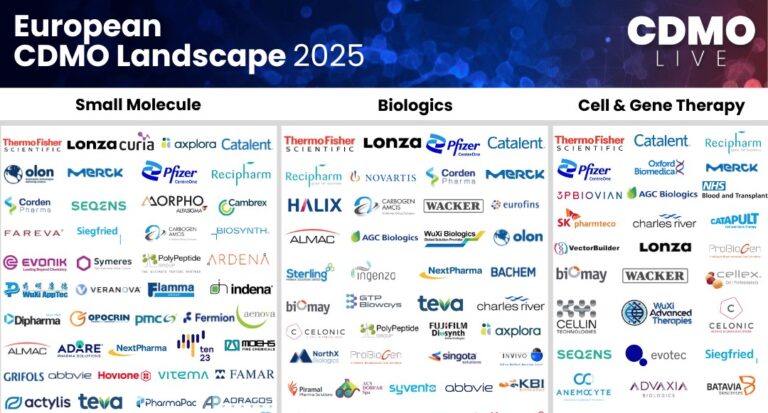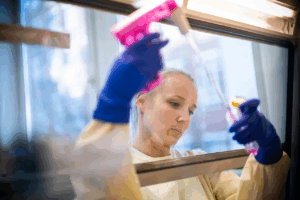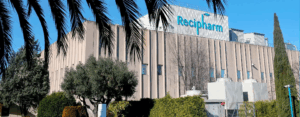- Touchlight has supplied its proprietary dbDNA technology to the University of Nottingham for the development of a next-generation DNA vaccine targeting the Zika virus.
- The vaccine, developed by Nottingham scientists, aims to be produced rapidly and deployed globally, with funding from the UK Vaccine Network.

Touchlight, a contract development and manufacturing organization (CDMO) specializing in enzymatic DNA production, has announced the clinical supply of its proprietary dbDNA™ technology to the University of Nottingham. This partnership supports the university’s research and development efforts for a next-generation DNA vaccine targeting the Zika virus.
The vaccine project, led by Dr James Dixon and Professor Janet Daly at the University of Nottingham, aims to create a Zika virus DNA vaccine that can be manufactured within weeks. Unlike many other DNA vaccines that require complex delivery methods, the Nottingham team has developed a formulation that allows the vaccine to be administered through a simple injection. The project will utilize synthetic manufacturing processes, reducing development time from six months to six weeks.
Touchlight’s dbDNA technology offers a rapid, scalable, and efficient method of DNA production, making it ideal for vaccine development. The technology also provides potential benefits such as reducing the required dosage, eliminating antibiotic resistance, and creating low-cost, stable vaccines suitable for developing countries. The company will provide GMP dbDNA material for the upcoming clinical trials.
Dr James Dixon highlighted the impact of Touchlight’s technology on the project, stating, “The Touchlight technology has enabled us to make rapid progress and will make it possible to produce large quantities of the DNA vaccine at speed, which is vital in pandemic prevention and our response to deployment of vaccines in the developing world and globally.”
Tommy Duncan, Chief Operating Officer of Touchlight, expressed the company’s commitment to the project, saying, “We are thrilled to support the University of Nottingham with our innovative dbDNA technology in the development of a Zika virus DNA vaccine.”
This project is funded by the UK Vaccine Network, part of the Department of Health and Social Care’s (DHSC) UK Aid programme, which focuses on developing vaccines for diseases with epidemic potential in low and middle-income countries.












